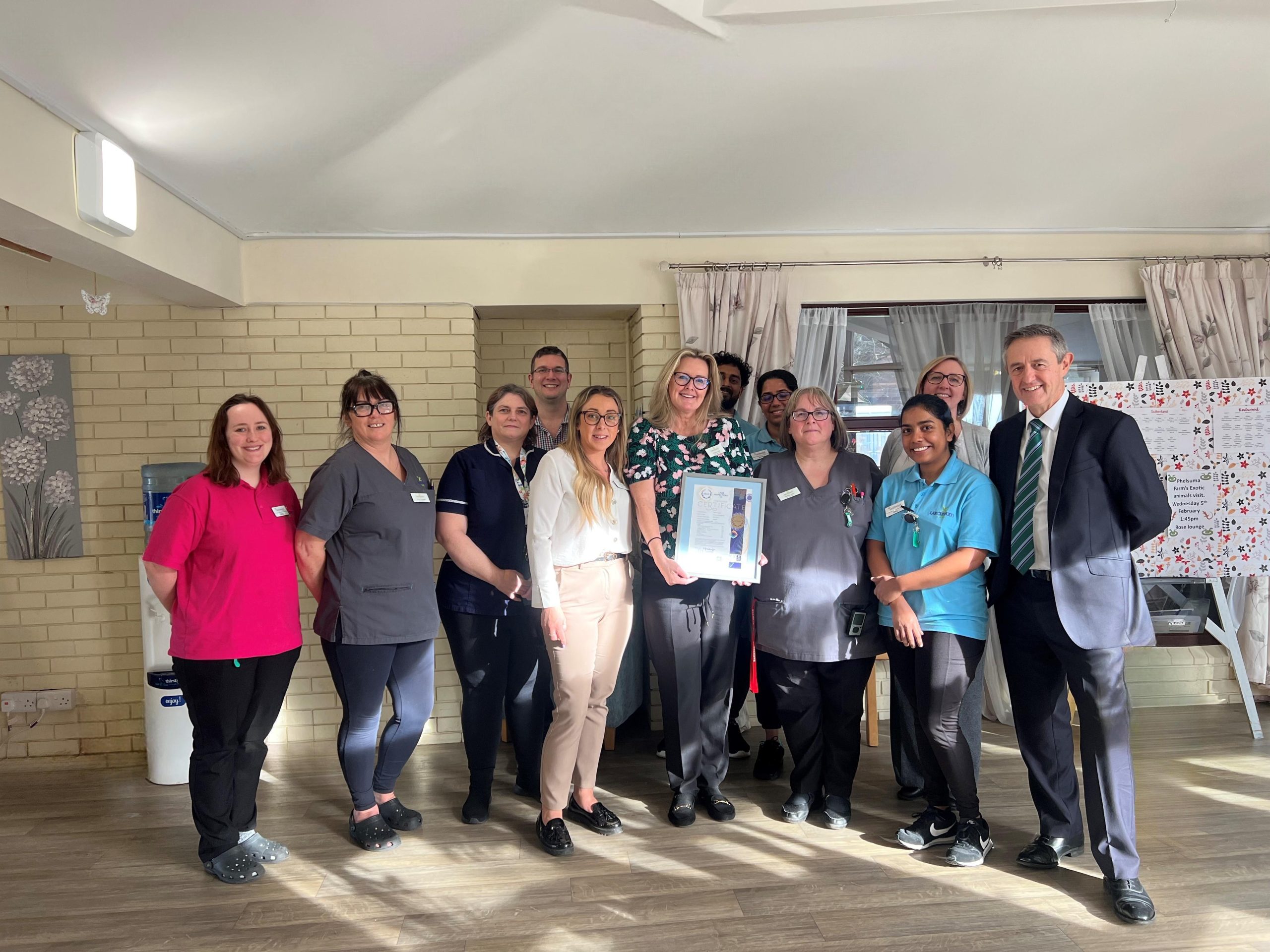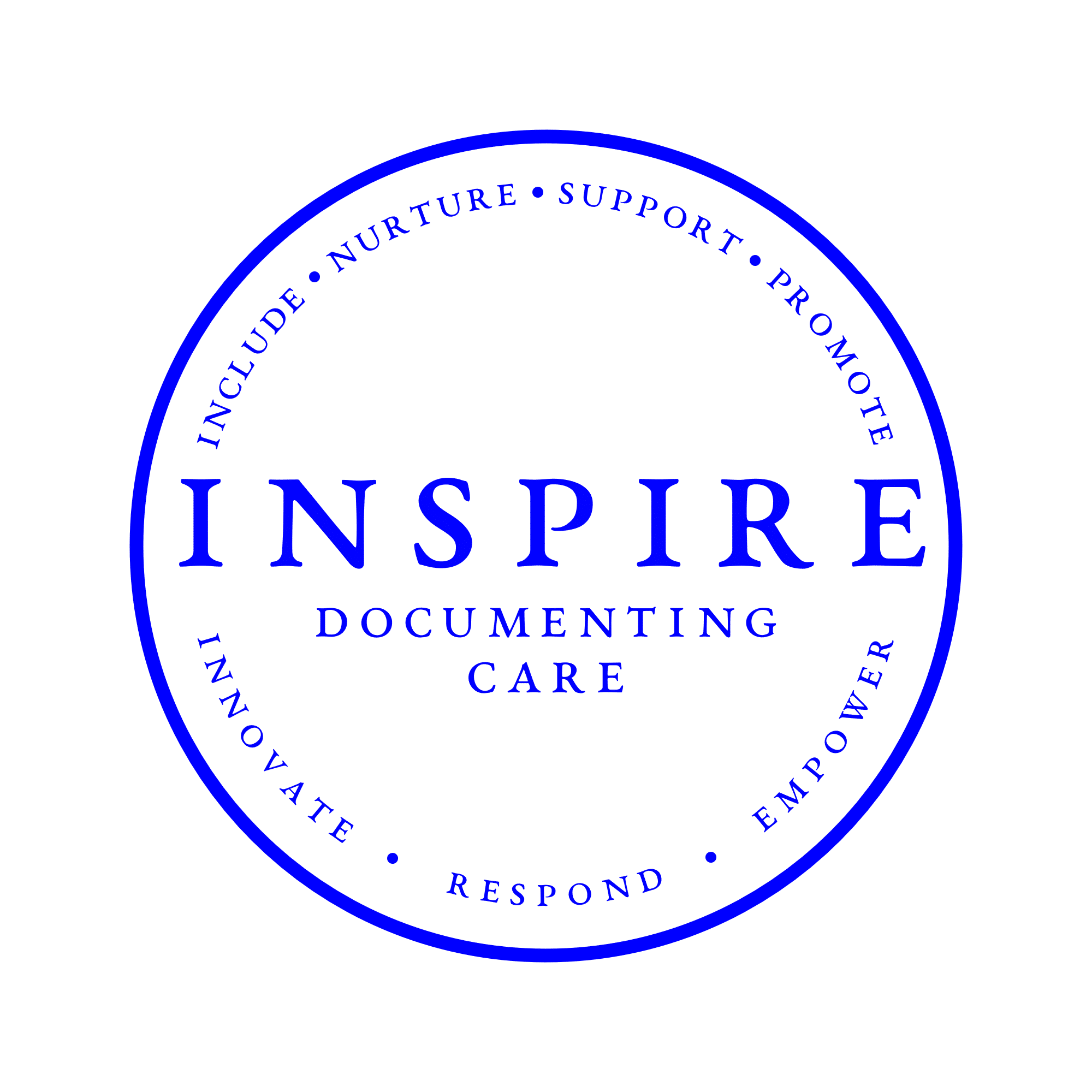[av_heading tag=’h3′ padding=’10’ heading=’The nurse crisis. Is 2015 the year to reverse the mistakes of Project 2000?’ color=” style=’blockquote modern-quote’ custom_font=” size=’25’ subheading_active=” subheading_size=’15’ custom_class=”][/av_heading]
[av_textblock size=” font_color=” color=”]
There are undoubtedly a number of major challenges facing the healthcare sector – a growing elderly population, better diagnosis leading to often-lengthy courses of expensive treatment or surgery, more rigorous scrutiny by the general population, the media and government and a scarcity of resources, financial, practical and human. Of all of these I see the most immediate being the chronic shortage of qualified nurses and it’s this that needs addressing urgently.
The problem is that there aren’t any nurses to be had. The Clinical Commissioning Groups (“CCG”s), formerly Primary Care Trusts are, along with the NHS and care home operators, racing to recruit from Spain, Portugal and other EEC countries. Historically, South Africa and The Philippines were the countries of choice however more relaxed controls over workforce movement, mutual recognition of professional qualifications, and comparatively weak economies now make the EEC a more attractive proposition.
Far from this being a panacea, this raises a number of other problems surrounding language, culture and social pressures that must be balanced against the immediate relief of filling vacancies.
There is, I have found over the years, a tendency for us to believe that there is a root cause to every problem. I don’t think that this is generally the way the world works, however in my discussions about nurses in the care sector however, one common theme does keep coming up. Project 2000.
Project 2000 was supposed to ‘professionalise’ a vocation, recognising that medical treatments were getting more complex and hence nurses needed to be better trained. This may well have had merit as an argument, but overly simplistic thinking resulted in us throwing the proverbial baby away with the bathwater.
At a time when society was looking for ways to build greater respect for those delivering care, the idea of making it more of an academic qualification with a more ‘professional’ badge seemed the right way to go. To allow those with only two years vocational training to call themselves nurses would only dilute the cachet attaching to the title. I wonder what our army would look like however if the only entry point was Sandhurst!
What it seems to me happened is that general “nurses” were seen as a homogenous resource, the idea being that there should be one nursing qualification (RGN) that is fully understood and that demonstrates the same level of training whoever holds the title.
The reality is that there is a need for different types of nurses.
Nurses in a care home for example, need certain basic skills – wound dressing, drugs administration, venepuncture, PEG feeding, and so on, pretty much the skills that SEN’s with two years on the job training would have had. Today there is a requirement that, in order to qualify, nurses must have a degree. This effectively bars entry to those less academic but with a genuine desire to nurse and the capability to deliver basic nursing care. It also makes it virtually impossible for mature entrants, particularly those with a family, to qualify given the many pressures of studying whilst juggling the demands of a family life. What we are left with are predominantly young people with little practical life experience, that are more academic but not necessarily the most caring. It’s also probably worth noting that the first year drop-out rate for nursing courses of around 40% shows that graduate-only entry doesn’t really work.
So can we, and should we, turn back the clock?
Does every job that would apparently require a qualified nurse genuinely need someone with a degree level qualification? During my years in Adult Social Care I’ve found that the resource most patients want more of is human contact.
We don’t need to change the system but we do need to add back the role of the SEN, maybe calling it “Social Care Nurse”. We then need to carefully reassess where an SCN rather than a RGN is needed and staff our hospitals and homes appropriately.
Tony Stein is chief executive of Healthcare Management Solutions
[/av_textblock]
[av_button label=’Back to news’ link=’page,1501′ link_target=” size=’small’ position=’left’ icon_select=’yes’ icon=’ue878′ font=’entypo-fontello’ color=’theme-color’ custom_bg=’#444444′ custom_font=’#ffffff’]



